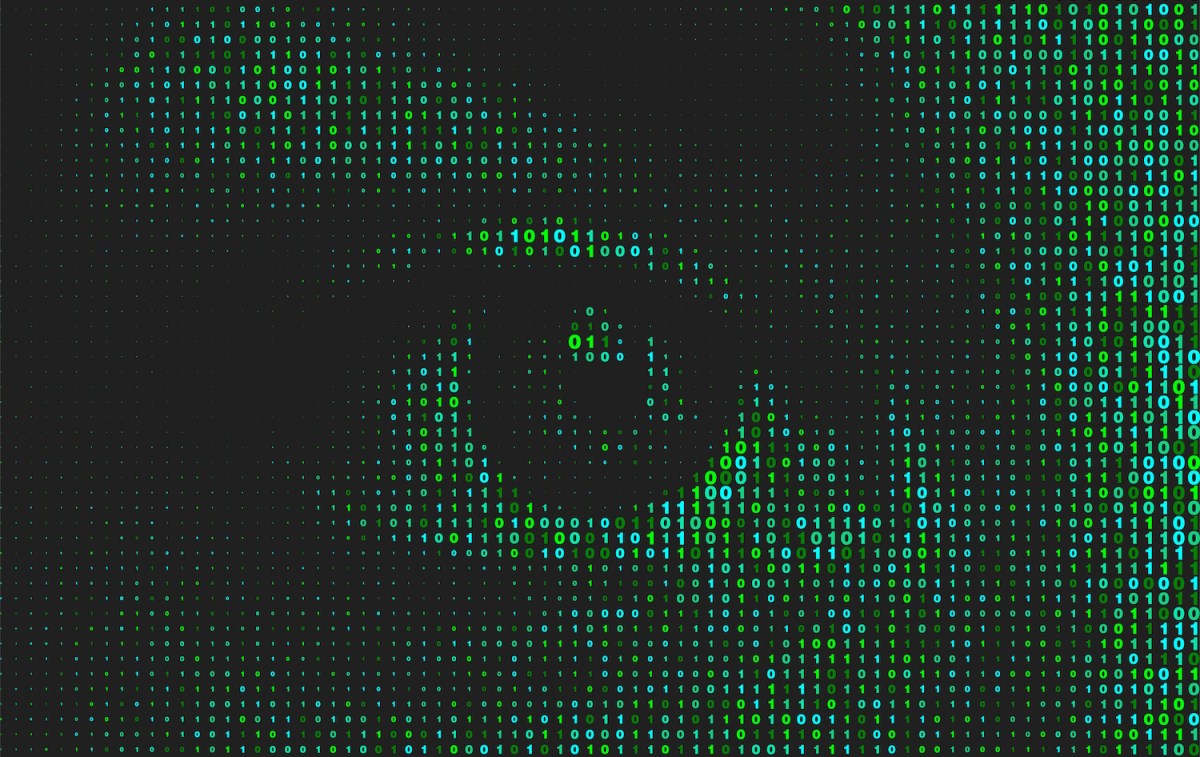
"OpenAI is implementing enhanced security measures to safeguard its intellectual property from corporate espionage, largely prompted by the release of a competing model by Chinese startup DeepSeek."
"New security measures include 'information tenting' policies limiting staff access to sensitive projects, and proprietary technology is now isolated in offline systems."
"Biometric access controls and a 'deny-by-default' internet policy are being enforced to ensure explicit approval for any external connections."
"These initiatives address growing concerns over foreign and internal threats to OpenAI's proprietary technology and intellectual property."
OpenAI has intensified its security operations to guard against corporate espionage and protect its intellectual property. Following the release of a competing AI model by Chinese startup DeepSeek, OpenAI has implemented stricter measures, including 'information tenting' policies that restrict staff access to sensitive projects. The company now isolates its proprietary technology on offline systems, uses biometric access controls, and maintains a 'deny-by-default' internet policy for external connections. These changes indicate a response to both external threats and potential internal security vulnerabilities.
Read at TechCrunch
Unable to calculate read time
Collection
[
|
...
]